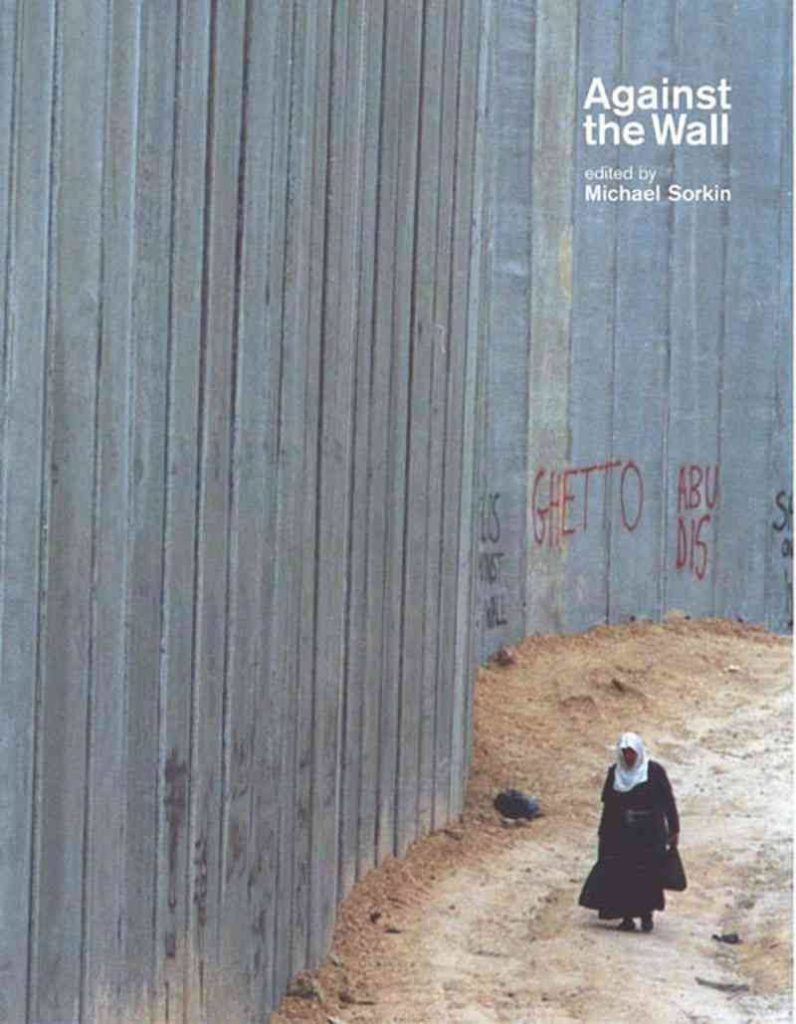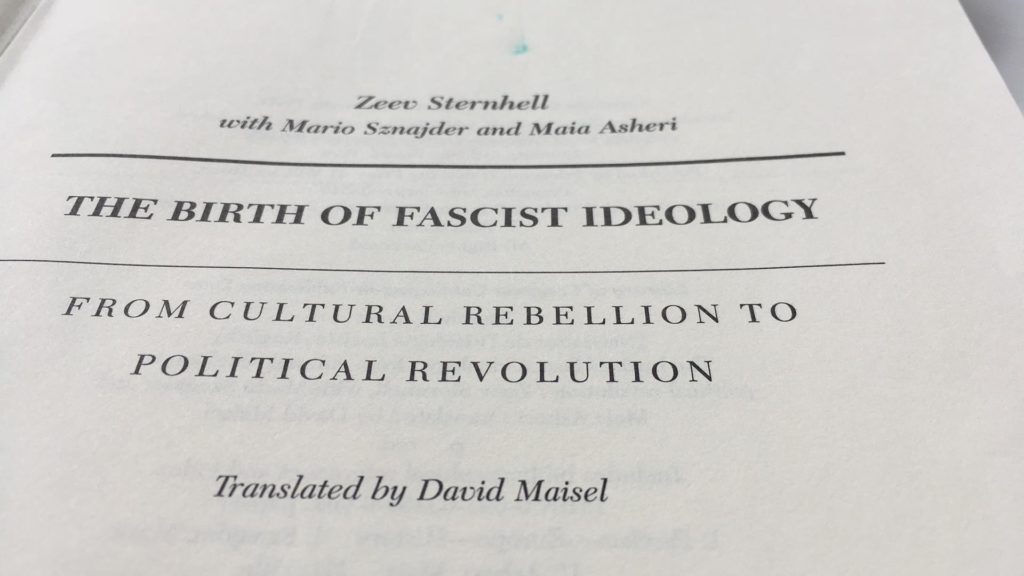Dani Karavan (1930 – 2021) was an Israeli sculptor best known for Passages; Homage to Walter Benjamin (1994).
Tag Archives: Israel
RIP Michael Sorkin (1948 – 2020)
This happened in March but I only found out today.
How?
By reading Pandemic! by Slavoj Žižek which has a commemoration for Sorkin as epigraph.
Michael Sorkin was an American architect, architectural critic and activist.

An outdated version of Wikipedia says Sorkin was an outspoken supporter of politically leftist causes.
In 2005, he edited Against the Wall, which compares Israel to Apartheid South Africa.
This book caught my attention, as the geopolitical situation of the Middle East is becoming more and more of interest of me.
Not so long ago, it dawned on me that the Middle East was becoming my WWII. Allow me to explain. When I was younger I regularly came into contact with older gentlemen who were fascinated by everything which had to do with World War II.
World War II has never interested me much, except for the Holocaust.
As I grow older, I become fascinated with everything Middle East, with geopolitics and with clashes of civilization.
RIP Zeev Sternhell (1935 – 2020)

Zeev Sternhell was an Israeli scholar known for his study of fascism, The Birth of Fascist Ideology (1989).
I headed for the university library and found that book.
I read the introduction and the rest of the book ‘by index’.
Doing that, I stumbled upon the grand sweeping statements by T. E. Hulme on his hatred for the Renaissance, Rousseau and Romanticism:
“That is why he [Hulme] was so hostile to romanticism: underlying romanticism and the French Revolution, he believed, was the Rousseauist concept of the individual. Rousseau, he wrote, taught the people of the eighteenth century “that man was by nature good,” that he was “an infinite reservoir of possibilities,” and that the source of all evils was “bad laws.” According to Rousseau, the destruction of the existing oppressive order would open up infinite possibilities of progress. Classicism, wrote Hulme, was defined by an opposite conception, namely, that “man is an extraordinarily fixed and limited animal whose nature is absolutely constant. It is only by tradition and organization that anything decent can be got out of him.””
The citations are from T. E. Hulme’s Speculations (1936).
It is interesting to note that Sternhell locates the origins of fascism within the artistic realm:
“A desire to cleanse the world of the defilements of the eighteenth century and to introduce various forms of discipline such as classicism and nationalism, no less than a rejection of liberal and bourgeois “decadence,” united in a single tide of sentiment some of the most important literary and artistic avant-gardes in Europe.”
